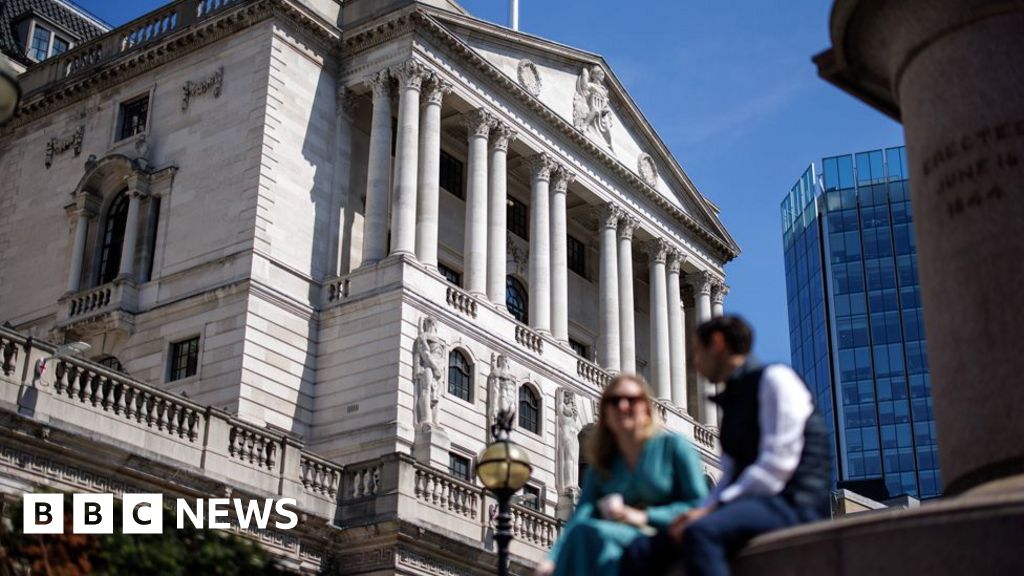Andrew Bailey, the Bank of England’s governor, has previously said “we are on the way” to a first interest cut amid fierce speculation of whether it could be on Thursday or at the next rate decision meeting in September.
The base rate set by the Bank is closely followed as it dictates the rates set by High Street banks and money lenders.
Interest rates were hiked in a bid to combat the pace of price rises, known as inflation, which has hit households and businesses hard in recent years.
High rates have led to people paying more to borrow money for things such as mortgages and loans, but savers have also received better returns.
If the Bank decides to cut rates on Thursday, rates on mortgages and savings could shift.
More than half a million homeowners have a mortgage rate that “tracks” the Bank rate. A 0.25% cut could take their monthly repayments down by around £28 on average.
Anyone with a standard variable rate mortgage could see a £15 benefit.
Private rents are at a record high. In theory, lower mortgage costs for landlords could be passed down to tenants.
However, on the flip side, some savers are getting a fairly good deal which could become a bit less lucrative after the decision at midday.
Anyone with a loan or credit card debt could see their interest rates get a bit cheaper.
Susannah Streeter, head of money and markets at Hargreaves Lansdown, said Thursday’s rate decision was “on a knife edge”.
Although a few weeks ago markets were betting on a 50/50 chance of an August rate cut, they now think that probability is 60/40, she added.
“If they leave it too late, it could be a more difficult September,” she said.
She added expected rates cuts, when they come, to be “slow and steady” after being on hold for “a significant amount of time”.
Credit: Source link











